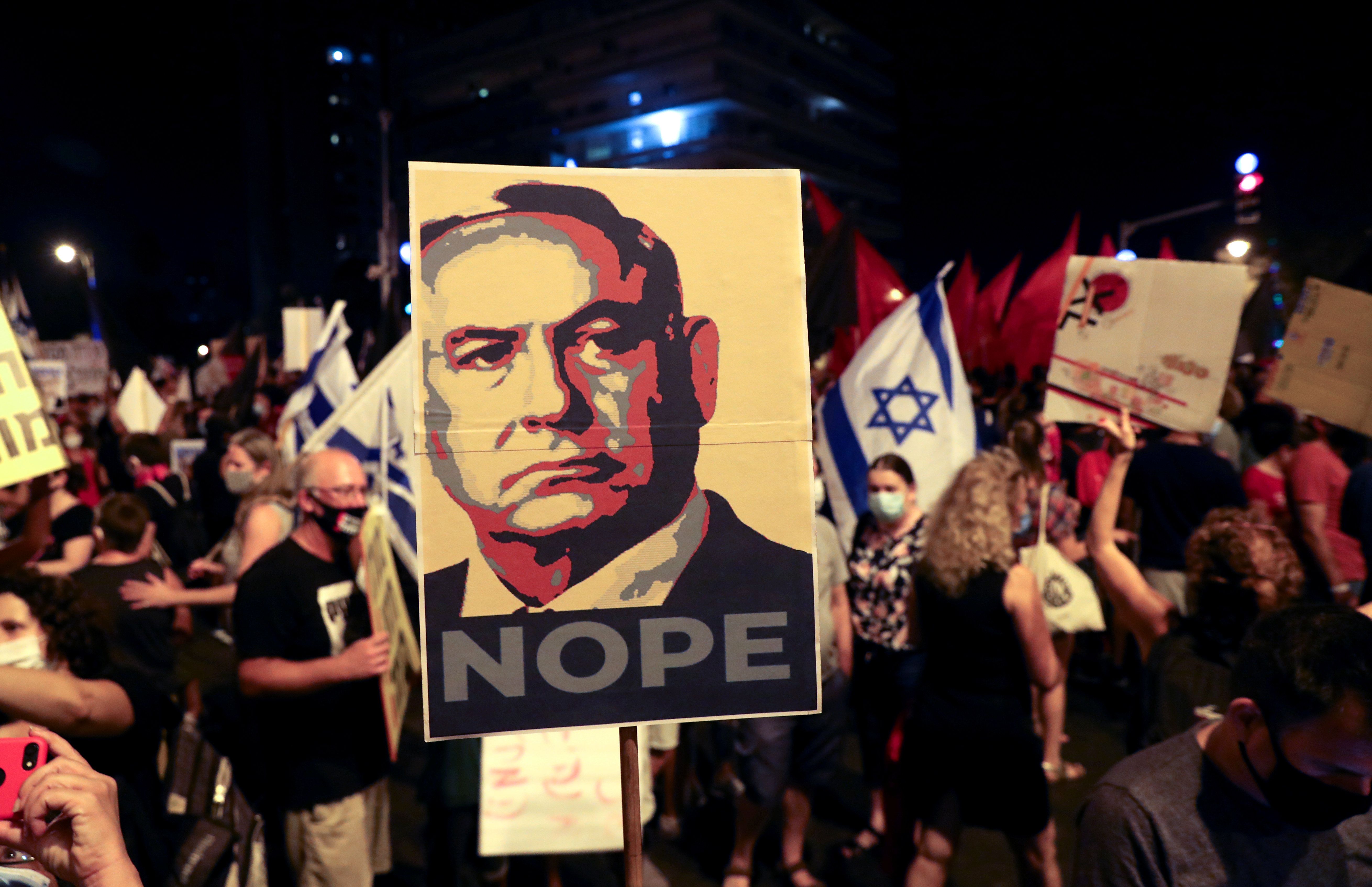What We're Watching: Bibi's COVID scheming, Mexico probes sterilization claims, Cyprus blocks Belarus sanctions
Bibi's COVID scheming: With coronavirus cases spiking, Israel has imposed a second nationwide lockdown, the first developed country to go back to draconian measures of this kind since the spring. The controversial decision, which came as Israeli Jews prepared to celebrated the Jewish High Holidays, represents a certain failure of Prime Minister Netanyahu's handling of the pandemic, in which Israel emerged as a global case study in how not to reopen after the initial lockdowns. Polls show that two-thirds of the public disapprove of Bibi's handling of the crisis. Many critics suspect the second lockdown — which bans large public gatherings — isn't only about flattening the curve, but also about quelling the anti-Netanyahu protests that have gained steam throughout the country in recent months. This all comes as the Israeli government faces an unprecedented crisis: it has failed to pass a budget in two years and its economy is in free fall, sparking fears of another election by year's end (the fourth in less than two years).
Mexico investigating forced sterilizations claims: The Mexican government says it has opened an investigation into allegations that Latin American women, including several Mexicans, had undergone forced sterilization and other unwanted gynecological procedures while interned at a US Immigrations and Customs Enforcement (ICE) facility in the US state of Georgia. The allegations stem from a whistleblower complaint released last week by a nurse who works there, which says that hysterectomies (the removal of at least part of the uterus) had been performed on several women at the facility without their consent. The whistleblower also alleges "jarring medical neglect" of detainees and calls out one specific doctor who she labels "the uterus collector" because of his insistence on "taking everybody's stuff out." Meanwhile, Mexico's President Andrés Manuel López Obrador expressed disgust at the allegations — which ICE vehemently denies —and said Mexico would not hesitate to take legal action against the US if the allegations are proven true. More than 170 members of the US Congress have also called for an immediate probe.
Why is Cyprus blocking EU action on Belarus? All EU member states but one have reportedly agreed on a package of economic sanctions against officials in Belarus, where dictator Alexander Lukashenko has brutally cracked down on weeks of protests over his rigging of the presidential election last month. Who's the one? The small island nation of Cyprus, which says it won't approve the Belarus measures unless Brussels also imposes sanctions on Turkey over its continued energy drilling in eastern Mediterranean waters that Cyprus' main patron, Greece, claims as its own. Cyprus says it supports sanctions against Belarus in principle, but that the EU has to follow through on its unrelated pledge to pressure Turkey to stop drilling and resume direct dialogue with Athens. Since sanctions like the ones prepared against Belarus require unanimous support from all 27 member states, one veto is enough to sink them. In a sign of growing frustration over the deadlock, Ursula von der Leyen, the European Commission president, recently called for an end to that unanimity rule. In the meantime, who will fold first: Cyprus or Brussels? Alexander Lukashenko is watching as keenly as we are.